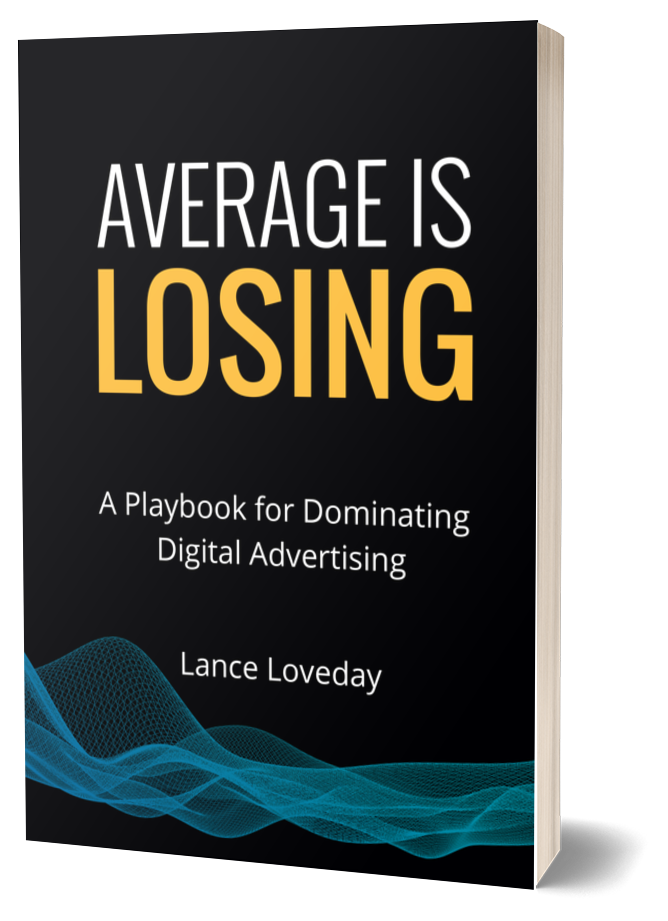Today, Google announced it’s postponing the Chrome privacy changes until 2023.
The change, intended to protect consumer privacy by blocking 3rd party cookies, has rushed many ad platforms and advertisers to make plans for the massive change.
Many advertisers see the delay as a relief, but is the pressure really off? Absolutely not!
The mere fact that privacy changes have been announced, coupled with the recent changes Apple has made to iOS 14, is already having a massive impact on advertising tracking.
Since its implementation on April 26th, iOS 14 has had a measurable impact on the performance of Facebook and Google advertising campaigns across the board. This trend will continue as more users adopt iOS 14.
Here’s what we’ve been observing from our clients after six weeks into this new era of reduced pixel tracking:
In an update to iOS 14 slated for early this year, Apple will no longer allow advertisers to track the Identifier for Advertiser (IDFA) tag by default. Instead, users will have to opt-in to tracking on a case-by-case basis.
Our clients universally have experienced significant changes in their performance from May to June, but it hasn’t necessarily been all negative.
One of our B2B clients saw a gradual increase in CPL on Facebook beginning the week of April 18th, just before the iOS 14 prompt was implemented, falling back to normal over the course of the next two weeks.
A financial services client of ours also saw a significant improvement in efficiency, with an almost 40% sustained reduction in CPL beginning that same week.

As expected, campaigns that utilize the Facebook pixel for conversion tracking appear to be the most impacted, while Lead Generation Forms and Messenger Lead Generation campaigns have experienced less volatility.
Many of the performance issues can be linked to issues with audience quality, specifically those that use Facebook interest targeting:
Facebook interest target audiences, prior to iOS 14’s implementation had been among the largest and most efficient.
Implementation of iOS 14 has impacted these audiences’ overall click-to-conversion rates, making them less efficient compared to other audience types like lookalikes or third-party.
Beyond mobile devices, we’re also seeing impact on desktop devices as users opt-out of cookies due to cookie consent notifications on websites. But while the Chrome changes impact only third-party cookies, users are also opting out of first-party cookies.
This is a critical point for advertisers to be aware of and plan for.
My new book, “Average is Losing” is finally here! I created this playbook to help savvy advertisers close the gap between winning and run-of-the-mill paid advertising campaigns.
It’s filled to the brim with the latest strategies, tactics and tips our Closed Loop experts use to help our clients seek exponential growth.
Are you ready to rise above average campaign performance? Start your business on the path to PPC domination today!
– Lance Loveday
